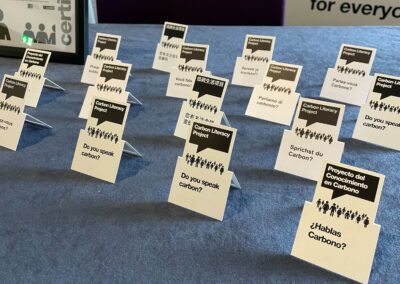Wedding venues often maintain “preferred supplier lists” – a curated selection of recommended businesses like photographers, caterers, and florists. These lists aim to guide couples towards high-quality, reliable professionals. However, a growing concern is the ethical practice surrounding these lists.
The Issue of Paid Inclusion
A significant ethical dilemma arises when venues charge businesses to be included on their preferred supplier lists. This creates a conflict of interest, raising questions about the true basis of these recommendations. Is a business included because of their exceptional service, or simply because they paid a fee? This lack of transparency can mislead couples, potentially leading them towards subpar businesses simply because they’ve paid for inclusion.
Beyond Financial Incentives
True ethical practice dictates that preferred supplier lists should be based solely on merit. Venues should consider factors such as:
- Quality of Service: Consistently high-quality work, excellent customer service, and a strong reputation within the industry.
- Professionalism and Reliability: Consistent punctuality, clear communication, and a professional approach to business.
- Sustainability Practices: Prioritise businesses who demonstrate a commitment to sustainability, such as using environmentally friendly materials or supporting local businesses.
- Alignment with Venue Values: Choose businesses whose values and aesthetic align with the venue’s brand and overall ethos.
- Client Feedback: Regularly gather and consider client feedback on previous experiences with recommended businesses.
Building Trust Through Transparency
Transparency is crucial for building trust with both couples and vendors. Venues should clearly communicate the criteria for inclusion on their preferred supplier lists. They should also disclose any financial arrangements with businesses, such as commission fees or inclusion fees.
Good Practice Examples:
- Publish Selection Criteria: Clearly outline the criteria for inclusion on the preferred supplier list on the venue’s website. This builds trust and demonstrates transparency.
- Offer a “Non-Preferred” Option: Provide couples with the option to choose businesses outside of the preferred supplier list.
- Regularly Review and Update: Regularly review the preferred supplier list, removing underperforming businesses and adding new, high-quality businesses.
- Encourage Client Feedback: Actively request and respond to client feedback on their experiences with recommended businesses.
- Prioritise Local Businesses: Support local businesses whenever possible, fostering a strong and sustainable local wedding industry.
The Benefits of Ethical Practices
By prioritising ethical practices and building genuine relationships with trusted businesses, venues can:
- Enhance their reputation: Build a strong reputation for integrity and fairness within the wedding industry.
- Improve client satisfaction: Ensure couples have access to high-quality, reliable businesses who meet their needs and expectations.
- Foster long-term relationships: Build strong, mutually beneficial relationships with trusted, local businesses.
- Contribute to a thriving local economy: Support local businesses and contribute to the growth of a sustainable wedding industry.
A Call for Change
In 2025, we expect higher standards of transparency and ethical conduct from businesses. Charging businesses for inclusion on preferred supplier lists undermines this principle and can mislead couples.
What are your thoughts? Do you believe venues should charge businesses for inclusion on preferred supplier lists? How can the wedding industry move towards a more ethical and transparent system for vendor recommendations?
By prioritising ethical practices and building genuine relationships, wedding venues can create a more sustainable and successful future for the entire industry.


